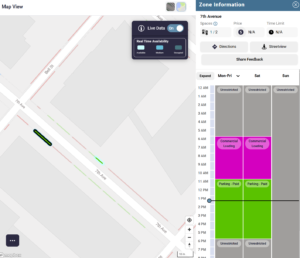Why Last-Mile Delivery Should Be Part of Street Design

E-commerce and new delivery trends are reshaping how our streets are used — and how they feel. Delivery vans, cargo bikes, and couriers now compete for curb space that was once reserved for pedestrians, cyclists, and social life. The rise of last-mile logistics is no longer just a transport or technical challenge; it’s an urban …









